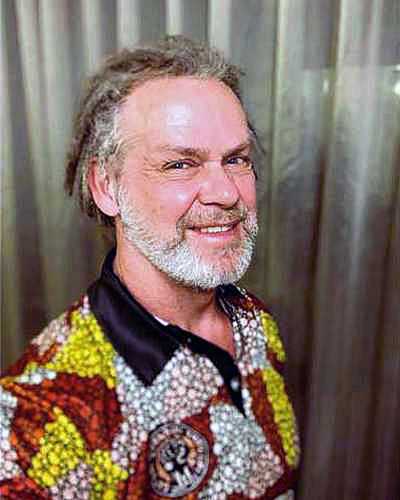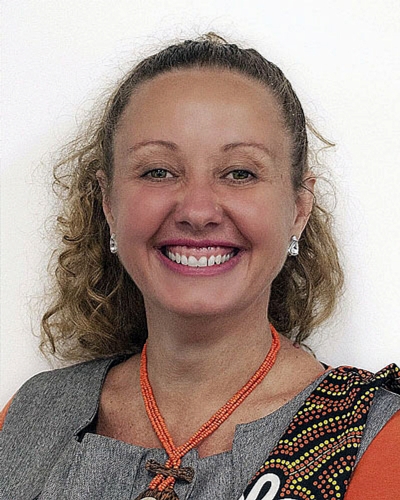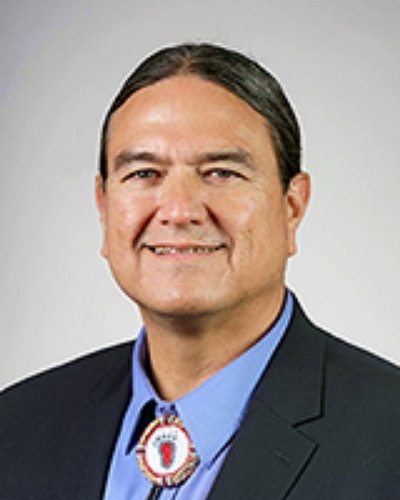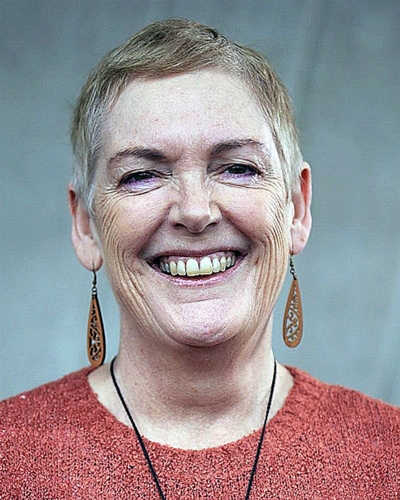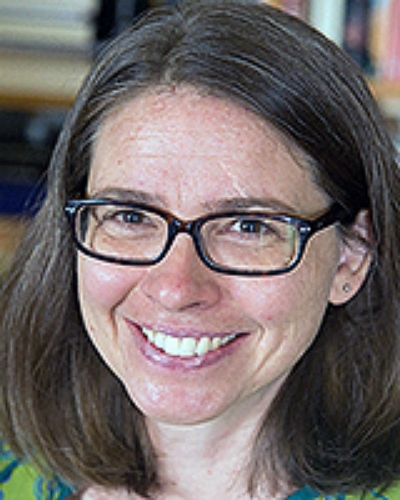Introduction
It is vital that Indigenous researchers are recognised and duly acknowledged, and that the research being published is culturally appropriate.
(Professor Donald Warne, Oglala Lakota, International Adviser, Australian Journal of Rural Health, 2021)
Background
In health research publications, it is difficult to distinguish authors who self-identify as Indigenous Peoples, for example as First Nations, Aboriginal, Torres Strait Islander, Māori, Pacifica, American Indian, Alaskan Native, Métis, Inuit, or as any of the 370 million Indigenous Peoples worldwide1. Their invisibility is partly due to the lack of attribution in the publications; for instance, the author list – with first and last names only – restricts the conveyance of identity. Our goal as an academic community should be to expand the inclusiveness of research governance to include publication governance. Editorial rules stipulate publication of ethics approvals, statements of interest, organisational affiliations, declaration of funding sources and author contributions to the articles, but what about Indigenous cultural identity? The issue of author identity is especially relevant for rural and remote health journals because Indigenous Peoples living in rural and remote health locations experience health inequities linked to racism and cultural suppression. We, the editorial teams of the Australian Journal of Rural Health (AJRH), Rural and Remote Health (RRH) and the Canadian Journal of Rural Medicine (CJRM), are changing our editorial rules so that research published about Indigenous Peoples includes Indigenous Peoples as authors, or evidence is provided of Indigenous Peoples’ genuine engagement in all stages of the research process, including crafting the manuscript2-4. Our next step is to propose the development of an Indigenous Cultural Identity of Research Authors Standard (ICIRAS, pronounced ‘I-keye-ras’, short ‘I’ sound in ‘Indigenous’, hard ‘k’ sound for ‘Culture’ and long ‘eye’ sound in ‘Identity’) (Fig1).
Environmental scan
Discerning the cultural provenance (a concept that signals the diversity of Indigenous Peoples’ cultural roots specific to local tribes; for example, Ngiyampaa is one of hundreds of tribes of Indigenous Australians) of the authors of a research paper involving Indigenous Peoples is difficult. Published articles vary in how the Indigenous identity is flagged, and for most journals reporting the Indigenous identity of authors is optional and, therefore, often completely absent in many manuscripts. An environmental scan was conducted to detect the Indigenous cultural identity of authors using a novel method of hand-searching author libraries, and scholarly databases, for examples where Indigenous author identity was explicit. Notation of cultural provenance was variable. It appeared in the byline of both the webpage header and in the pdf file5-7, researcher positionality8, acknowledgements section9, ethics section10, methods section11, materials and methods section12, the introduction and preceding the methods13, citation format5, front page of author information on preprint14, and indicated with additional author information symbols (*, †, ‡, §)15.
Definition
For the purpose of this standard, we specify Indigenous cultural identity as the self-identified Indigenous status of authors whose ancestors ‘inhabited a country or a geographical region at the time when people of different cultures or ethnic origins arrived’1. Many Indigenous Peoples have a shared experience of occupation, settlement or colonisation. To align with current United Nations nomenclature, we use the term ‘Indigenous Peoples’.
Why a standard?
A standard means setting a bar for equity, diversity and inclusiveness. Currently, without any such agreed minimum, rural health research discourse reflects research colonialism and power imbalances. This history accords value to a degree, profession or organisational affiliation, but not deep cultural wisdom and expertise. This must end by, for example, principles of:
- aligning with current best practice in research with Indigenous Peoples
- promoting culturally safe publishing
- acknowledging, including and respecting Indigenous researchers and participants
- promoting culturally appropriate positionality
- recognising Indigenous Peoples’ knowledge sovereignty
- respecting Indigenous Peoples’ cultural authority and expertise
- amplifying Indigenous Peoples’ voices in research publications.
These points indicate the need to develop and enact a standard for all academic publishers, ethics committees and research institutions, so that Indigenous Peoples are acknowledged, recognised and respected throughout academia and research. This would assist journal reviewers and readers alike in their appraisals of research.
Aligned with current best practice in research
There are parts of the international research environment where publications proactively address systemic biases and structural racism16-19. However, there has been no standardised ‘flag’ to signal that the terrain systematically includes the Indigenous cultural identity of authors. It was in 2007 that the United Nations Declaration on the Rights of Indigenous Peoples, Article 2 stated ‘the right to be free from any kind of discrimination, in the exercise of their rights, in particular that based on their indigenous origin or identity’20. The ICIRAS would be a lever for embedding the rights of Indigenous Peoples into academic publishing governance, as aligned to the movement for embedding human rights in research with Indigenous and Tribal Peoples21.
Promoting culturally safe publishing
Indigenous cultural identity is important in cultural safety because it promotes professional reflexivity about personal, professional, organisational and social biases22. The ethic of respecting identity and cultural diversity is part of many definitions of cultural safety23-25. Readers routinely search the name of authors, their organisation, the funding bodies, their qualifications and their background to help assess the research’s integrity; what about cultural integrity? Academic journals need to do more to make Indigenous Peoples’ voices and cultural qualifications obviously visible because, ‘By acknowledging not just the contributors to the piece but the standpoints, we take the conversations to a deeper and fuller level’26. The first step toward deeper conversations is being aware of an author’s name, while the next step is to recognise their Indigenous cultural identity as a flag for their cultural worldviews and lenses.
Inclusivity – ‘be it to see it’
An ICIRAS sends a strong message: ‘[Indigenous researchers] are pushing back against assimilation and attempts to hide our identities and our realities through terms and methodologies that ignore our distinctiveness’27. This sentiment also resonates with the non-Indigenous authors of this article, who believe transparent authorship cultural provenance is important in assessing the integrity of research concerning Indigenous Peoples28. The three journals championing this initiative have agreed to operationalise this position, but recognise that policy change requires consultation and co-design activities. The Rural and Remote Health Journal’s policy, ‘nothing about us, without us’, means that ‘an article about people in any country or region without authors from that country or region will not be published’28. The Australian Journal of Rural Health’s Author Cultural Identity Matters statement urges that ‘cultural identity as a component of an author’s credentials could be a meaningful action to acknowledge and respect Indigenous authors involved in rural health research and manuscripts’29. The leadership of the Canadian Journal of Rural Medicine, in prompting the idea of the ‘Position Statement: Research and Reconciliation with Indigenous Peoples in Rural Health Journals’2, has implemented screening questions for submitted manuscripts30.
Promoting culturally appropriate positionality
The global movement towards cultural safety, led by Indigenous Peoples and championed by non-Indigenous allies31-35, prompts journals and publications to reflect on their position in perpetuating the power structures of colonial processes. This is relevant to research journals ‘because the academic publication process, from authors to reviewers to editors, has legitimatised scholarship norms that obscure the role of racism in publishing practices’36. It means decolonising those norms by reflecting on the pattern of culturally dangerous research (which diminishes, demeans and disempowers Indigenous cultural identity) and standardising ways of including Indigenous knowledge systems and intellectual sovereignty37, preventing human rights violations through unethical research38 building trust in academic research conduct39, acknowledging the authenticity of Indigenous scholarship40, preventing the cultural appropriation of knowledge41, and promoting the power of Indigenous writing styles42. We believe the ICIRAS would signal to Indigenous Peoples that academia is a space for action on breaking down colonial research traditions and moving toward respectful, inclusive research practice43-50.
Recognising Indigenous Peoples’ knowledge sovereignty
Gamilaraay Australian scholar Bindi Bennett’s seminal research ‘regarding the practice of acknowledging Indigenous participants and knowledges in articles that contain Indigenous content’26 found few examples of recognition despite the argument where ‘some participants pointed out that by being able to indicate the author’s own cultural heritage, this can then give the audience a better understanding of the origins of the author’s perspective’ (p. 177). She argued that the lack of acknowledgement of Indigenous Australians in published articles ‘serves to reaffirm that possession of knowledge and knowledge production is controlled by others’ (p. 168). Therefore, within our sphere of influence in rural health research publishing, we respect that Indigenous Peoples’ knowledge belongs to them, and we will work with Indigenous stakeholders to develop practical strategies, perhaps along the lines of Indigenous data sovereignty51-53, to ensure knowledge sovereignty.
Respecting Indigenous Peoples’ cultural authority and expertise
The ICIRAS would also link to cultural authority because power rests with Indigenous Peoples to determine if cultural knowledge should be embedded in journal publications: ‘One of the ways we acknowledge our worldviews and value is through our cultural worldview and lens’26. Our worldviews naturally inform the research evidence base and all aspects of the research process. For example, through Harfield et al’s Aboriginal and Torres Strait Islander Quality Appraisal Tool, researchers are asked, ‘Did the research have Aboriginal and Torres Strait Islander research leadership?’54. This question is difficult to answer when Indigenous status is hard to determine from the content and metadata of an article. Recently, several publications denoted Indigenous cultural identity of authors as first name, last name (Indigenous Nation)5-7, thus signalling the importance of cultural authority.
Amplifying Indigenous Peoples’ voices in research publications
An ICIRAS should reflect on findings of research from the sphere of Australian micro- and small presses. Professional Editor Jodie Lea Martire dug deeply into the publishing world: ‘The acquisition and editorial stages of publishing beg the question of who has the privilege and power to edit whom’55. In order to support the voices of under-represented authors, Martire found that the small presses cemented specific steps into their publishing processes. Therefore, all the steps of the rural research publication process should be examined to determine the points and pathways through which Indigenous Peoples’ voices are constrained or enabled. As editors of research wherein messages live through academic discourse, we have a moral obligation to ensure those messages frame the cultural strengths of Indigenous Peoples.
Implementation considerations
The environmental scan revealed some factors to consider for this commentary. For example, guidelines exist for inclusion of cultural identity in author lists56, but they need to be updated to enable authors to self-identify57. Several issues demand deep conversation: must authors self-identify or can it be optional? Note that the authors of this report were explicit in having our cultural identity included. What form of identity to use? How do non-Indigenous authors identify? Should identification occur where Indigenous authors publish non-Indigenous and Indigenous content? Should cultural identity be noted in reference lists? And then there is cultural intersectionality (eg LGBTIQA+, gender diversity, multicultural, and other forms of cultural expression). These, and no doubt other issues to be uncovered in our future systematic review, will require careful consideration to inform research publication governance, such as the peer review process58.
Discussion – translating policy into action
The intent of ICIRAS is to celebrate Indigenous cultural identity in academic discourse. This aligns with a key aspect of cultural safety – services are provided regardful of culture, identity and difference59-62. This means that the editorial governance of journals should be geared to epitomise Indigenous Peoples as a reconciliation indicator for ‘unwrapping epistemic injustice and colonization’ in public health scholarship63. According to Dr Alika Lafontaine (the first Indigenous president-elect of the Canadian Medical Association), ‘A big part of reconciliation comes with shifting what we think is normal, and that’s going to require work from a lot of different sides’64. Is this an attitude that the worldwide research community can adopt for creating the Indigenous Cultural Identity of Research Authors Standard?
Call to action – ‘Editing with IndigenUs and for IndigenUs’
In the spirit of cultural safety there is an imperative to work toward a scholarly state where Indigenous Peoples are ‘assured that the system reflects something of you’23, that there is ‘shared respect, shared meaning, shared knowledge and experience, of learning together with dignity, and truly listening’65, and that employs ongoing critical reflection of power differentials66. This requires journal editors, managers as well as research committees, funders and publishers to work for genuine truth and reconciliation with Indigenous Peoples.
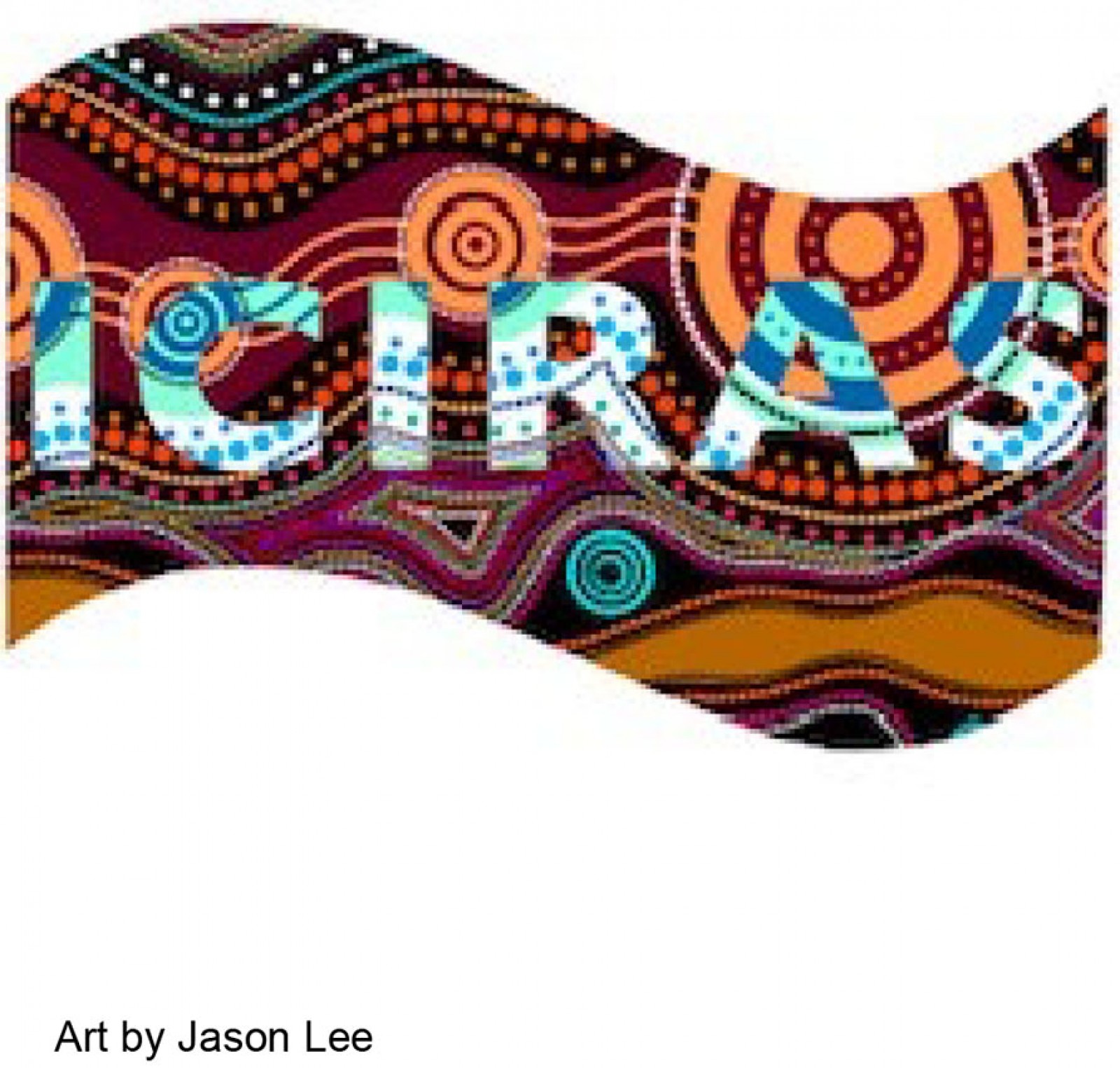 Figure 1: Flagging the Indigenous Cultural Identity of Research Authors Standard.
Figure 1: Flagging the Indigenous Cultural Identity of Research Authors Standard.
Our collaboration of rural and remote health journals invites other academic journals to:
- conduct an audit to baseline the status of Indigenous Peoples at all levels of governance67, such as on editorial boards, publishing house governance structures, and at all stages of publishing
- establish an editors’ subcommittee or working party to discuss ICIRAS and consider implementation issues
- include manuscript submission questions about author indigeneity and the participation of Indigenous Peoples in the research
- include Indigenous identity of authors in the byline
- revise author guidelines for acknowledging contributions
- publicise their position on research and reconciliation with Indigenous Peoples
- provide a journal-specific position statement about the ICIRAS
- monitor, evaluate and report on the impact of ICIRAS for assessing inclusivity and visibility of Indigenous research authors.
Conclusion
Research needs to evolve to achieve the best-quality evidence possible to support policy, advocacy and practice in rural healthcare reforms. However, academic publishing processes could be better geared to value the cultural voices of Indigenous Peoples. In this way, research evidence would be clearer in its cultural authority, expertise, provenance, respect and sovereignty. With the Indigenous Cultural Identity of Research Authors Standard, a consortium of rural health research journals has committed to systematic reforms to translate hashtags into academic reality: #DecolonizePublicationGovernance, #PrivilegeIndigenousAuthors and #DecolonizeScholarlyDiscourse. The ICIRAS is a call to action for research journals and institutions to rigorously improve research governance and show leadership in amplifying the cultural identity of Indigenous authors in health research.
Acknowledgements
Dr Mark Lock (Ngiyampaa) acknowledges (following Bennett26) the generous time given by all the contributors in the many conversations, re-writing and editing of this article. As a group of Indigenous and non-Indigenous authors, we united in a shared goal of championing research and reconciliation with Indigenous Peoples in rural heath journals. We acknowledge Indigenous Peoples worldwide, and pay our respects to their ancestral knowledge holders, past, present and emerging. Dr Lock thanks the editors of the three journals, and non-Indigenous allies, for championing a cause that empowers him to express his cultural identity in academic discourse.
References
You might also be interested in:
2009 - Childhood obesity and elevated blood pressure in a rural population of northern Greece
